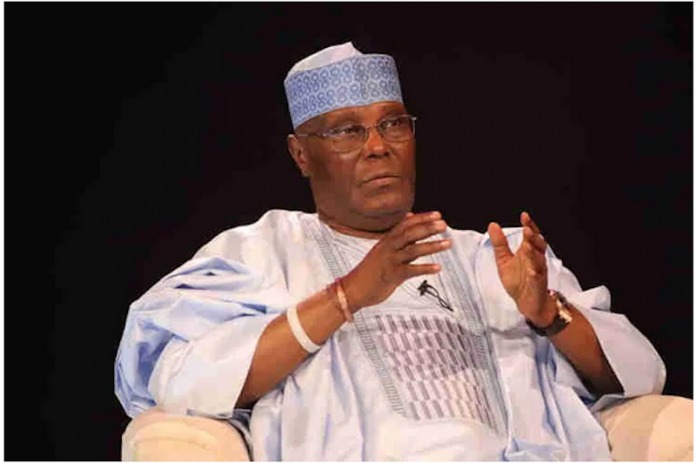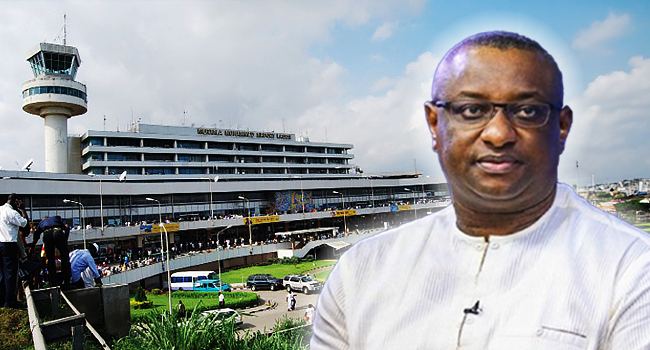In 1989, the Governing Council of the United Nations Development Programme (UNDP) recommended that July 11 be observed by the international community as World Population Day, a day to focus attention on the urgency and importance of population issues.
But when the first World Population Day was marked in 1990 after the UN declaration, the global population stood at a little over 5 billion. 27 years on, and it is now over half that number, measuring 7.6 billion.
A review of where the numbers are growing fastest reveals quite a lot, even for Nigeria.
According to a BBC report, though there’s been a decline in fertility rates since the 1960s, roughly 83 million people are still added to the world’s population every year.
It is projected that the world’s population will reach 9.8 billion in 33 years, by 2050 and then hit 11.2 billion by 2100. Of this figure, Nigeria and 8 other countries are projected to contribute 50%. The others include the US, India, Congo, Algeria, Uganda, Ethiopia, Pakistan, Tanzania and Indonesia.
Much of the forecasted growth will be driven most by African and least by Europe as researchers found birth rates to be at 4.7 and 1.6 births per woman respectively in the continents.
According the UN population division Director, John Wilmoth, “the population in Africa is notable for its rapid rate of growth. It is anticipated that over half of global population growth between now and 2050 will take place within that region.”
Within the period of Wilmoth’s forecast, India with a current population of about 1.3 billion people is expected to overtake China (1.4 billion) as world’s most populous country.
And while China is relegated to second, Nigeria will come up just behind having been anticipated to overtake US as the third most populous country in the world.
The predictions invariably pose human development challenges especially for African countries where existing indexes largely point to poverty, illiteracy and disease.
This year's world population day theme is “Family Planning: Empowering People, Developing Nations” and will be particularly instructive for several African nations, including Nigeria.






















